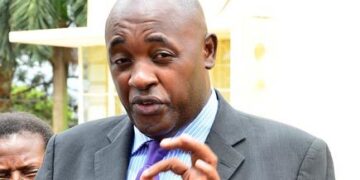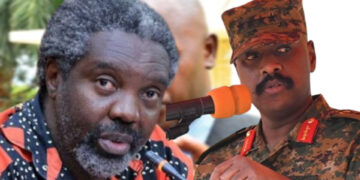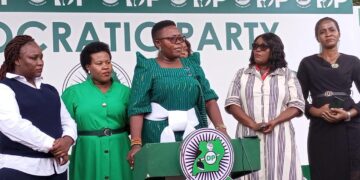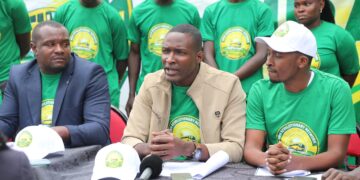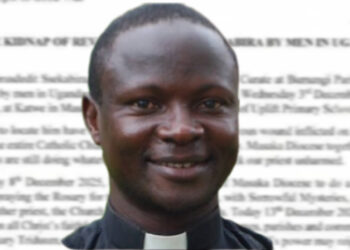By Kabuye Muawiya
Supreme Court has today uphold William Ruto victory as the president of Kenya through their judgment that was made on Monday 05 September 2022.
Following the nine questions that were raised by the Supreme Court that had to be answered by all the parties involved in this case.
The judgement was read by Chief Justice Martha Koome on behalf of all the seven judges of the Supreme Court and was as follows.
Question one was on whether the technology deployed by the IEBC for the conduct of the 2022 general elections met the standards of integrity, verifiability, security and transparency to guarantee accurate and verifiable results.
“According to the Supreme Court, the petitioners failed to prove otherwise,” Martha Koome said.
Question two was on Whether there was interference with the uploading and transmission of Forms 34A from the polling stations to the IEBC Public Portal.
“There was not a single interference on the Wanjiku vote to the tallying centre. Tbe petitioners failed to prove beyond no reasonable doubts the claims of interference and how it affected the electronicall transmitted votes,” Koome added.
Furthermore, the third question it was on Whether there was a difference between Forms 34A uploaded on the IEBC Public Portal and the Forms 34A received at the National Tallying Centre, and Forms 34A issued to the Agents at the Polling Stations.
The judges ruled that there was no difference between digital and anologue forms as tallies of both were tbe same as declared by the IEBC chair Chebukati,” Koome noted.
Question four was focusing on Whether the postponement of Gubernatorial Elections in Kakamega and Mombasa Counties, Parliamentary elections in Kitui Rural, Kacheliba Rongai and Pokot South Constituencies and electoral wards in Nyaki West in North Imenti Constituency and Kwa Njenga in Embakasi South Constituency resulted in voter suppression.
This the judges stated that it did not affect the presidential election outcome.
Question five focused on Whether there were unexplainable discrepancies between the votes cast for presidential candidates and other elective positions.
“The defence team explicitly explained the minor variances between the presidential votes and other seats.” Koome added.
Furthermore question six was on Whether the IEBC carried out the verification, tallying, and declaration of results in accordance with Article 138 (3) (c) and 138 (10) of the Constitution.
“The Kenyan constitution is a progressive one and did not foresee some circumstances. This cannot be used against the 9th defendant President Ruto,,” Koome said.
Question seven is there everyone was waiting to hear the judgement and it was on Whether the declared President-elect attained 50%+1 vote of all the votes cast in accordance with Article 138 (4) of the Constitution.
According to the judgement, the petitioner did not prove to court that President Ruto did not attain the 50 +1% maina kiai 2017
Question eight was on Whether there were irregularities and illegalities of such magnitude as to affect the final result of the Presidential Election.
“Despite the irregularities noted, the petitioner failed to correlate them with how they affected Chebukati declared results.” Koome said
Lastly was on What reliefs and orders can the Court grant or issue?
“THE SOVEREIGN WILL OF WANJIKU THE VOTER IS PARAMOUNT DESPITES ISSUES RAISED, THEREFORE; 1. WE HEREBY UPHOLD RUTO WIN
2. WE HEREBY RECOMMEND THAT PARLIAMENT AND RELEVANT ORGANS NEED TO IMPROVE LEGISLATION ON OPERATION OF COMMISSIONERS AND THE COMMISSION WITH CLARITY ON ROLES WITH CHECKS AND BALANCES,”Martha Koome said.















